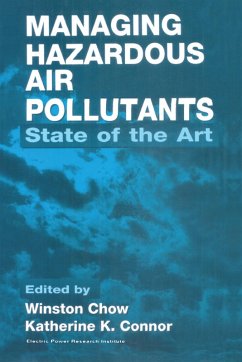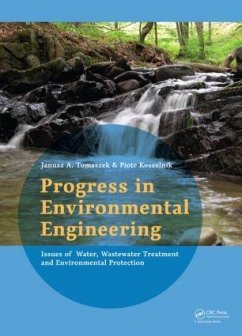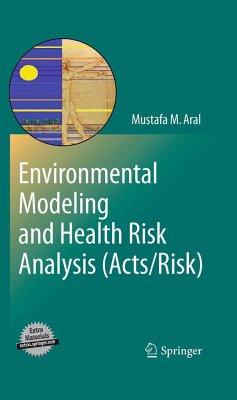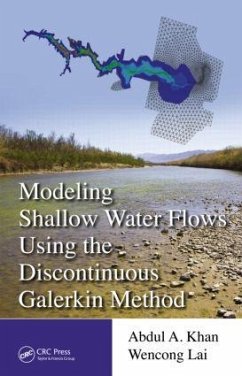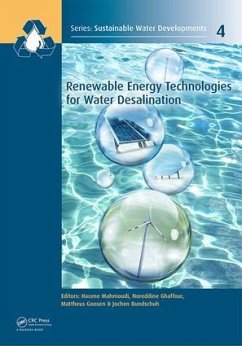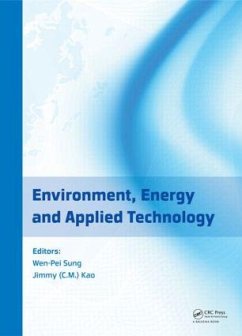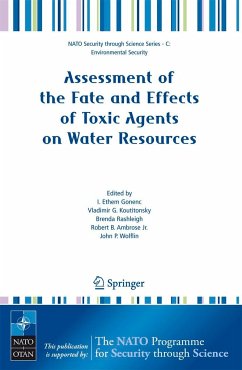
Persistent, Bioaccumulative, and Toxic (Pbt) Chemicals
Technical Aspects, Policies, and Practices
Versandkostenfrei!
Versandfertig in über 4 Wochen
176,99 €
inkl. MwSt.

PAYBACK Punkte
88 °P sammeln!
The basic purpose for identifying persistent, bioaccumulative, and toxic chemicals (PBTs) is to assist government and industry in taking rational protective steps for public health, safety, and the environment. This book builds on a report prepared by an international team to evaluate how PBTs are currently identified and managed in Asia, Europe, and North America. It provides recommendations for improving those processes. The concept of PBTs has been an increasingly important component in national and international efforts to assess and manage toxic chemicals.




